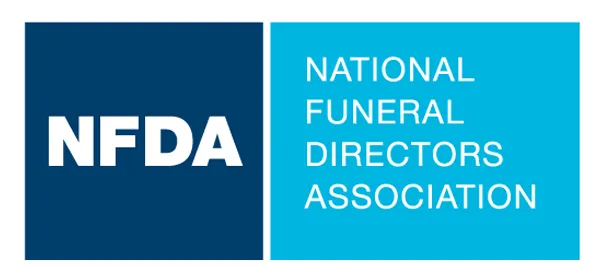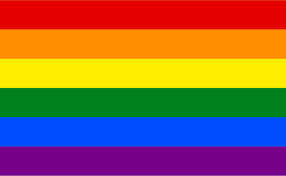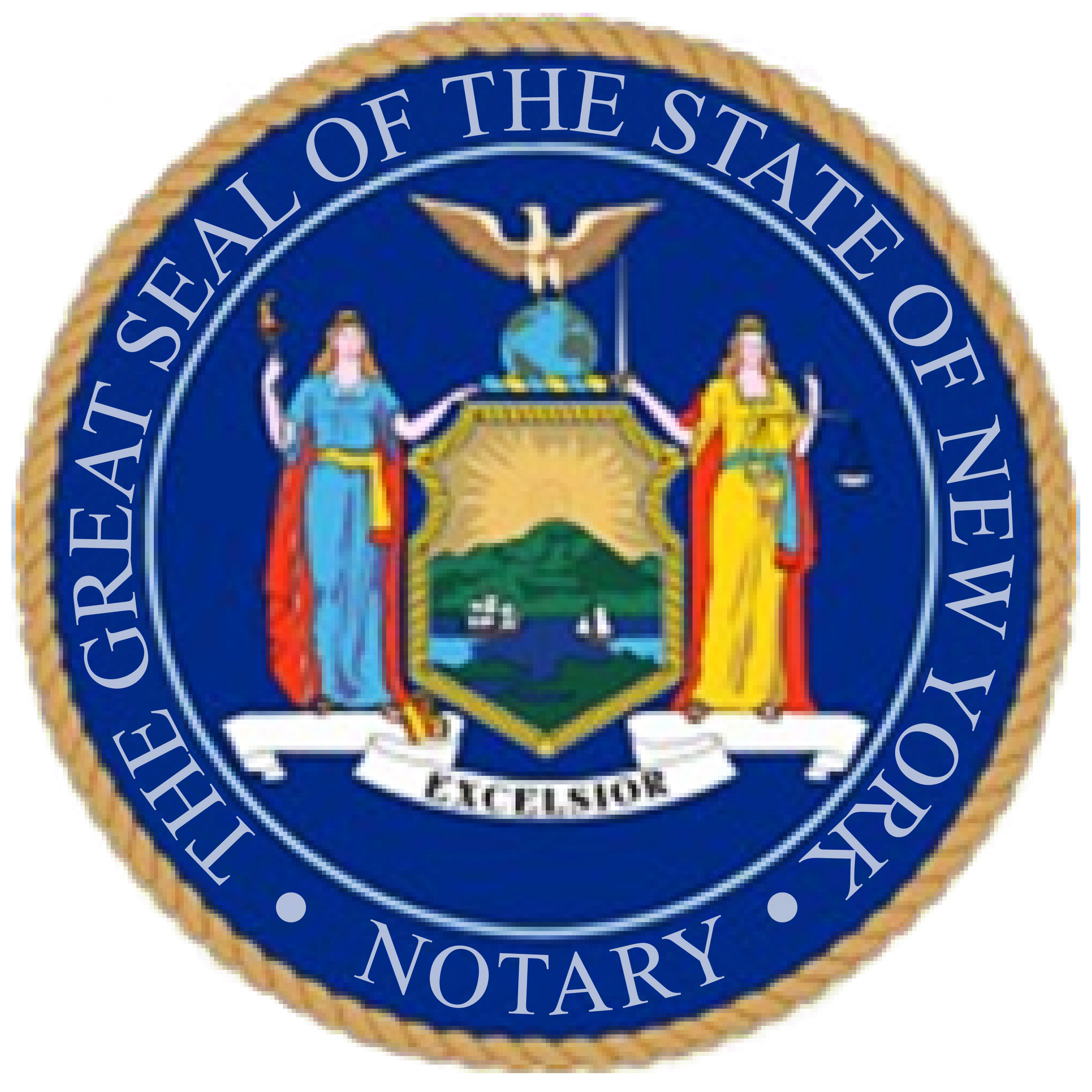Dear Informant,
The New York City Department of Health and Mental Hygiene (NYC Health Department) issues death certificates for all people who die in one of the five boroughs of NYC. As the Informant, you are providing personal information about the deceased, referred to here as the Decedent. Both public health and medicine rely on complete and accurate data about the Decedent.
This information is valuable for understanding the health of New Yorkers, including causes of death, through personal information such as race and borough of residence. It also helps create programs to prevent illness and death. It is important that you provide complete and accurate information for all the questions.







